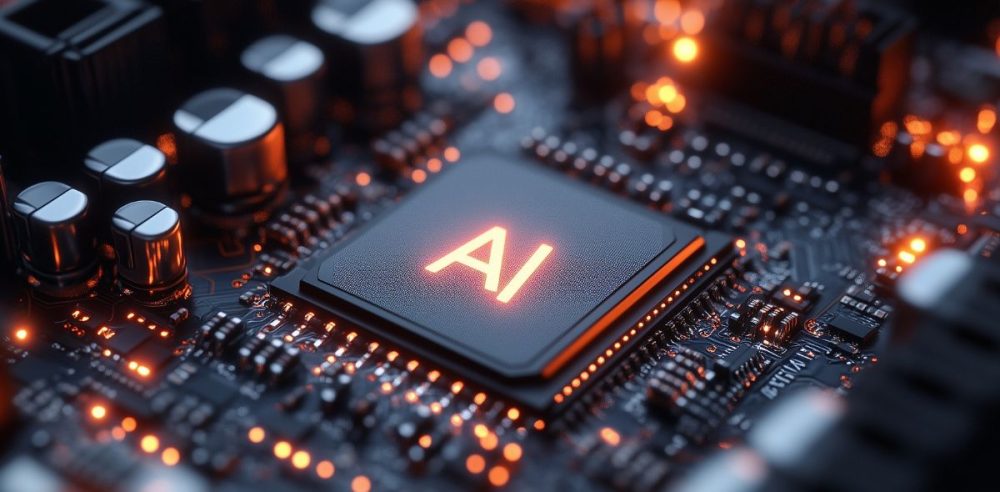With less than a week remaining until Trump takes office, the Biden administration has announced a new round of restrictions on U.S.-developed chips that support artificial intelligence systems.
The move is considered Biden’s last-ditch effort to slow China’s access to advanced technology that could give the country’s military an edge. It represents an escalation in the relationship between Washington and Beijing just days before President-elect Trump returns to office.
U.S.-based NVIDIA, whose share price has skyrocketed amid the AI boom, strongly criticized the outgoing administration while praising Trump.
“The first Trump Administration laid the foundation for America’s current strength and success in AI, fostering an environment where U.S. industry could compete and win on merit without compromising national security. As a result, mainstream AI has become an integral part of every new application, driving economic growth, promoting U.S. interests and ensuring American leadership in cutting-edge technology,” the January 13 statement from NVIDIA read.
“In its last days in office, the Biden Administration seeks to undermine America’s leadership with a 200+ page regulatory morass, drafted in secret and without proper legislative review. This sweeping overreach would impose bureaucratic control over how America’s leading semiconductors, computers, systems and even software are designed and marketed globally. And by attempting to rig market outcomes and stifle competition — the lifeblood of innovation — the Biden Administration’s new rule threatens to squander America’s hard-won technological advantage,” the statement continued.
U.S. Secretary of Commerce Gina Raimondo said in a Bureau of Industry and Security release that new restrictions are intended “to safeguard the most advanced AI technology and ensure it stays out of the hands of our foreign adversaries, but also enabling the broad diffusion and sharing of the benefits with partner countries.”
Countries can fall into one of three tiers for advanced AI chips and technology export.
The first tier is for U.S. partners and allies and has no restrictions.
The second tier applies to countries like China and Russia, who, while already blocked from purchasing advanced chips, will have new limits applied that cover powerful so-called “closed” AI models. This means that the underlying architecture of the model is not publicly available.
The third and final tier will see the most significant shift. This group, which consists of most countries, will be subject to new caps on how much computing power can be imported. Analysts say the rationale behind the restrictions of group three is to prevent countries like China from indirectly accessing the technology via a third country.
The latest move comes after Beijing added more than two dozen U.S. companies to an export control list earlier this month, as reported in The Dallas Express. According to China’s Ministry of Commerce, the move was intended to “safeguard national security and interests.”


